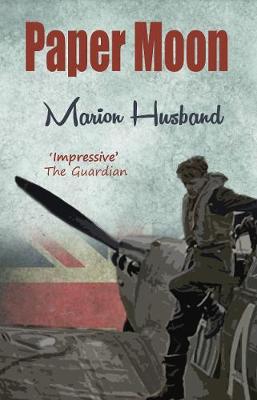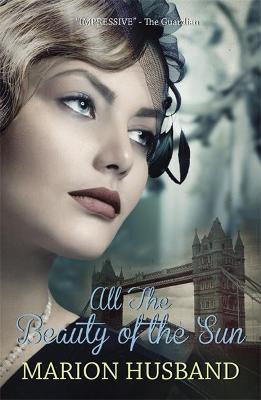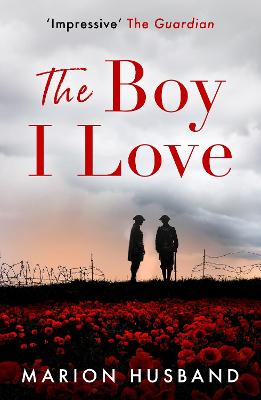The Boy I Love
1 primary work • 3 total works
Book 3
In 1938, after an unhappy childhood, Paul’s son Bobby Harris runs away to London. In Soho he’s picked up by Jason Hargreaves, a society photographer, and becomes his model. In Jason's studio Bobby meets Nina Tate. Bobby and Nina pose for erotic photographs and soon become lovers.
Jason pays for Bobby to learn to fly and at the outbreak of the Second World War, he joins the RAF and becomes a fighter pilot. Nina marries a Canadian pilot who is killed in 1940, just before the birth of their child, Joan. Bobby steps in to take care of Nina and Joan but in 1944 Joan dies and Bobby is shot down, suffering terrible burns to his hands and face. No longer the beautiful young man of Jason’s photographs, in 1946 Bobby returns to hide himself away in the house he’s inherited from his grandfather in Thorp, his relationship with Nina destroyed by grief and Nina’s reactions to his disfigurement. In Thorp, Bobby meets Jane, an unhappily married schoolteacher. Trying to get over Nina, slowly, Bobby falls in love with this gentle, older woman, believing that she is the only person who sees beyond his injuries.
In London, Nina meets Mick Morgan, now a very famous poet and playwright. She also meets Hugh, Mick’s son, and Nina and Hugh begin a passionate love affair. However, Hugh and Bobby were childhood friends whose friendship ended bitterly. Through Nina, Hugh and Bobby become rivals, a rivalry that is complicated by Mick and the mysterious figure that returns to England from Morocco to confront Bobby with the truth about his past.
Paper Moon is a passionate love story that also explores how the sins of the fathers can have far-reaching effects on the sons.
Two young men meet in Soho - for one of them this is love at first sight, for the other only lust and guilt . . .
'Marion Husband explores the morality of wartime Britain with intelligent and compassionate insight' Mslexia
In 1925, Paul Harris returns to England from self-imposed exile in Tangiers in order to put on an exhibition of his paintings. In this move he is leaving behind Patrick, the man he has loved since they met in the trenches in 1918, needing to discover if he has the strength to live without him and wanting to explore the kind of life he might have lived had it not been for the war.
In Bohemian Soho, Paul meets Edmund. Paul begins to believe that he may have another life to live, free of the guilt and regrets of the past. But the past is not so easy to escape, and when Patrick follows Paul to London a decision must be made that will change everything.
Just some of the amazing GOODREADS REVIEWS:
'Another fantastic book by Marion Husband.'
'I just love the way Marion Husband writes. There is not a single rock left unturned.'
'Don't miss this series - if you love the power of words, words rich in layer and tone . . . you will love them. Can't recommend them enough.'


